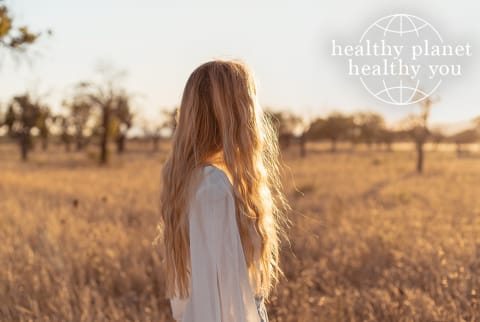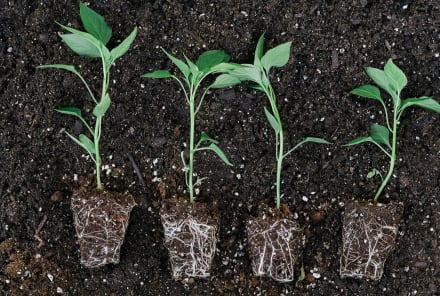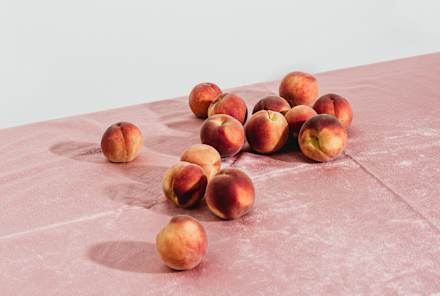Advertisement
Healthy Planet, Healthy You: December 2022 Climate News To Know


Want to stay healthy as you age? Step into the garden.
Who says gardening doesn't count as a workout? According to a survey of 146,000 adults over 65 years old, regular gardeners had a lower mortality risk than those who did not exercise. Specifically, they were less likely to have a stroke, heart attack, high cholesterol, high blood sugar, or high blood pressure over a 10-year period. These health perks are likely thanks to the physical challenge of gardening work and the mental health benefits of spending time among the flowers. (Read the study here1.)
Climate change is bound to make seasonal allergies worse (and more widespread).
Just when you thought your seasonal sniffles couldn't get any more annoying... New models predict that airborne pollen loads will significantly increase in the U.S. by 2050, thanks to the carbon dioxide and temperature shifts of climate change. Even under moderate warming conditions, pollen season is forecast to start earlier, last longer, and become more severe, as well as seep into historically lower-pollen states. (Read the research here2.)
Designing communities around the "3-30-300" green space rule could save lives.
According to the "3-30-300 rule," there are health benefits to being able to see (at least) 3 trees from your home, having a 30% tree cover in your neighborhood, and living within 300 meters (around 0.2 miles) of a park or green space. To test this theory out, researchers looked at green space data and medical records for over 3,000 people living in Barcelona, Spain. In this study, canopy cover was the most important indicator of health, and those who lived in areas that reached the 30% tree cover threshold were more likely to report better mental health, use fewer medications, and make fewer visits to the psychologist or psychiatrist. (Read the research here3.)
Oh, great: Algal blooms might contribute to neurodegenerative disease.
A particularly dangerous consequence of climate change and pollution, algal blooms occur when algae take over a marine environment and make it toxic for aquatic life. Though we still have a lot to learn4 about how these blooms—which thrive in warm conditions—impact human health, a new study out of South Korea found that they may contribute to neurodegenerative diseases such as Alzheimer's and Parkinson's. (Read the research here.)
Monthly focus: Let your outdoor activities shift with the seasons.
Not only does spending time outside reset the mind and body, but it can also make us more likely to take more sustainable actions5. It makes sense: The more connected you feel to something, the more likely you'll be to care for it. Of course, bonding with nature inevitably becomes a lot more tricky in winter, when colder temps and shorter days make it tempting to tuck away inside.
This season, seek out new avenues for environmental connection—preferably ones that can be done with a puffy jacket on. Whether you make this the year you commit to winter running, try out a new snow sport, or just nail the perfect hiking layers, make a plan for how you'll keep getting outside in the months ahead. Your mind, and your environment, will thank you for it.
5 Sources
- https://www.jandonline.org/article/S2212-2672(22)01126-1/fulltext
- https://www.frontiersin.org/articles/10.3389/falgy.2022.959594/full
- https://www.sciencedirect.com/science/article/abs/pii/S0013935122017145?via%3Dihub
- https://www.ncbi.nlm.nih.gov/pmc/articles/PMC8395864/
- https://www.ncbi.nlm.nih.gov/pmc/articles/PMC8305895/











